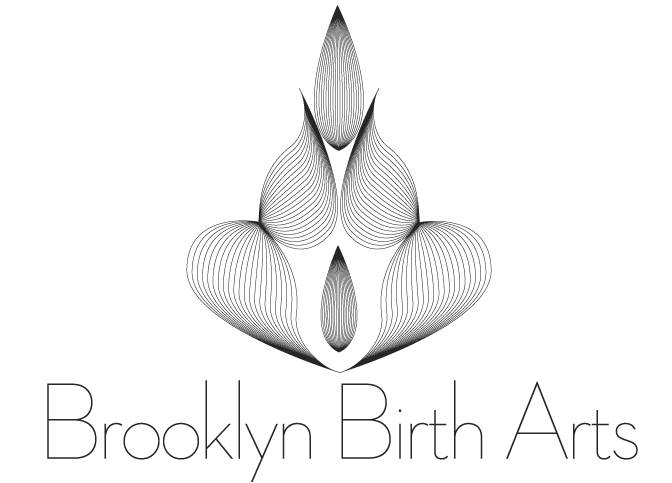Why hire a doula?
Mother’s tend to carry the memory of their birth near and close to their heart their entire lives. As a result, a birth experience will have a significant impact on the mental and physical well being of the mother, baby, and entire family. Creating an atmosphere where a woman can birth gently while feeling strong, positive, emotional support will also serve to strengthen the future relationship of a mother and child. Additionally, by fostering a positive birth experience this not only affects the immediate family, but when creating a culture of gentler birth, effects can ultimately be felt on society as a whole.
A doula’s role is to help the mother have a safe and satisfying childbirth, as defined by their wishes. According to DONA International’s Standards of Practice, doulas are not medically skilled and do not perform any clinical tasks. Instead, what a doula provides is continuous physical, emotional, and informational support to a woman during labor, birth, and the immediate postpartum period. During birth, a doula offers help and advice on comfort measures such as breathing, relaxation techniques, movement, and positioning.
Perhaps the most crucial role for a doula is to provide continuous emotional reassurance and comfort to the laboring mother. As evident in numerous medical studies, “Women who receive continuous emotional support and physical comfort throughout childbirth, their obstetric outcomes may improve” (DONA International).
The benefits of having a doula are numerous. While midwifes and obstetricians care for the medical needs of women and their babies throughout pregnancy and birth, doulas improve medical outcomes through providing the continuous support and nurturing presence that modern medicine tends to neglect. An analysis of 15 high-quality randomized controlled trials measuring the effects of continuous support found that women cared for continuously throughout birth are:
26% less likely to have cesarean sections
41% less likely to have vacuum extraction or forceps used
28% less likely to use pain medications (analgesia or anesthesia)
33% less likely to be dissatisfied or to rate their birth experience as negative
In addition to these improvements in physical outcomes for mothers and babies, author and doula Penny Simkin notes important psychological outcomes in her essay “Benefits of Continuous Support.” She reports that studies have shown that women who had doula support had more positive outcomes 4 to 8 weeks later than those who did not have a doula. The positive outcomes include:
Better maternal-infant interaction
Less postpartum depression, anxiety, and low self esteem
Enhanced breastfeeding
Greater maternal assessments of their baby when compared to the “standard baby”
Greater satisfaction with the birth experience
Throughout history, women have been cared for and surrounded by other women during childbirth, and a doula is a modern interpretation of this role. However, a doula is not meant to replace a partner but rather compliment their role by adding additional skills and strengths to the mix in order to form the perfect birth team. Having a doula can be a relief to a partner, which will allow them to participate at their own comfort level and ultimately better enjoy the birth.
Additionally, the expertise of a doula is a big benefit in labor for increasing the confidence in not only the mother, but the partner as well. Thanks to media sensationalization of birth, most first-time parents have no frame of reference of what birth is actually like. Having an expert at the birth reassuring the mother and partner when labor is progressing normally as nature intended is an immense help in facilitating a positive outcome.
As a member of DONA International, my “Code of Ethics” states that doulas have an ethical responsibility to their clients, and make their needs a primary importance. Doulas refer clients to other care providers when the needs of a client are outside a doula’s scope of practice or her comfort level. DONA International certified doulas maintain an up-to-date resource list in order to help clients who need referrals. We have an obligation to best serve our clients, which dictates that we either provide labor support for a woman or help her find someone else who can and connect them to other labor support professionals. Doulas maintain a client’s confidentiality and privacy, treat colleagues with respect, fairness, and courtesy, and treat other doulas’ clients with full professional consideration. Doulas also promote the general health of women and their babies as part of an ethical responsibility to the birth community and society as a whole.
That is what a doula is and what I offer to my clients. Please reach out to learn more!
